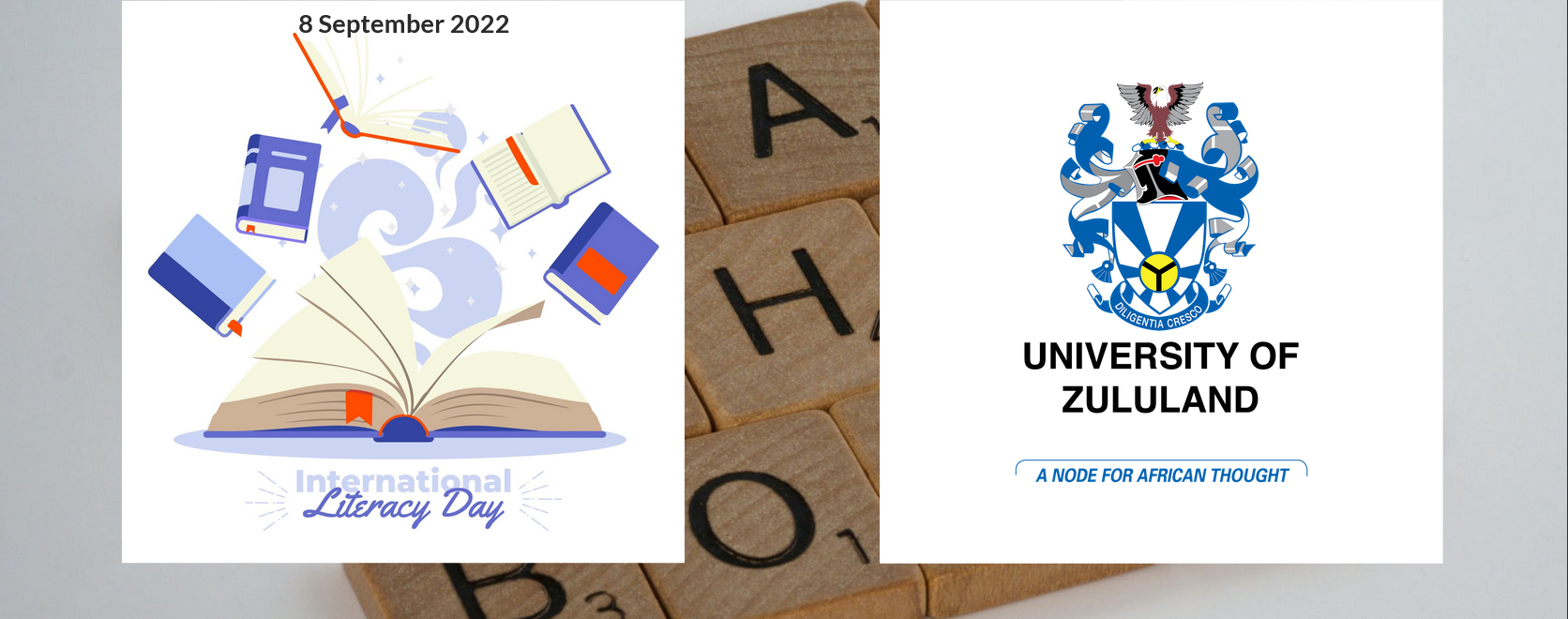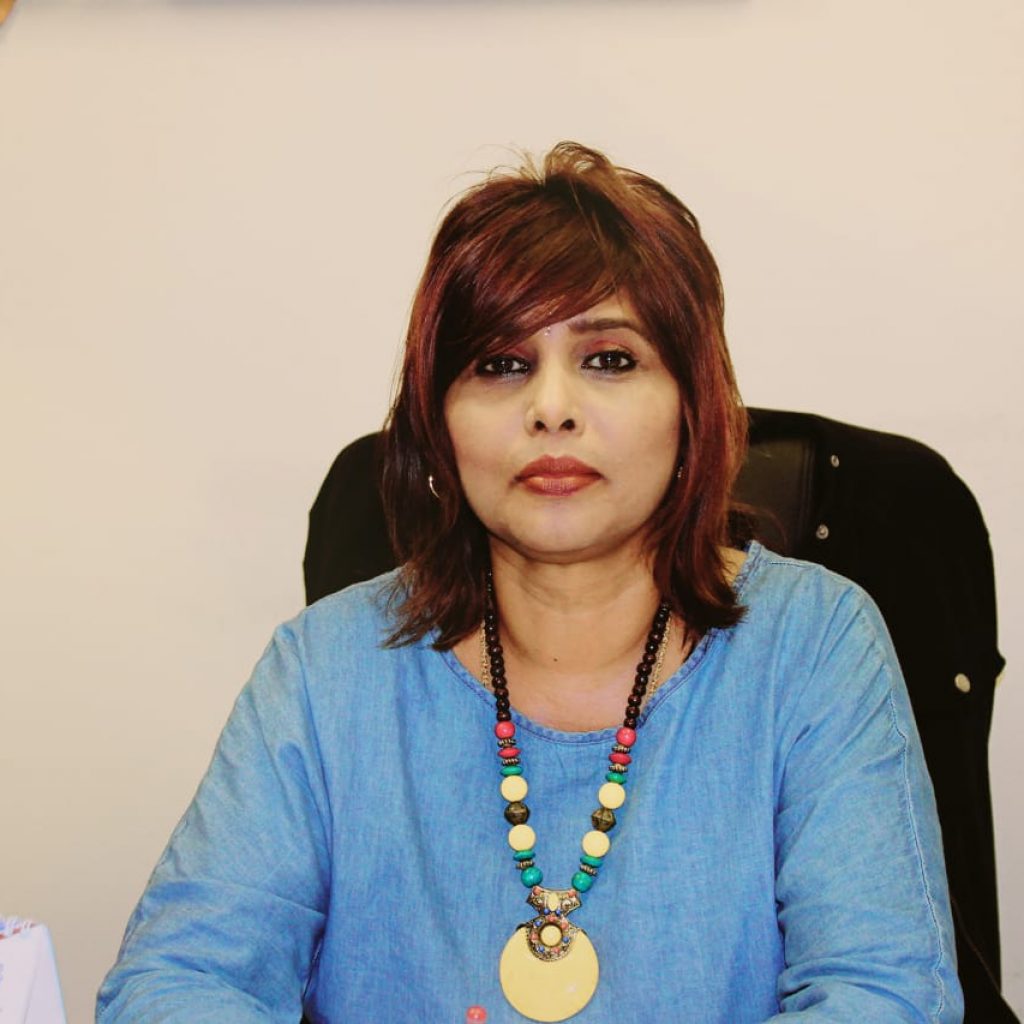OPINION PIECE: International Literacy Day

Literacy can be broadly defined as having adequate competencies in reading and writing to enable one to communicate effectively in a broad array of situations. It is the bedrock upon which lifelong learning is constructed. Whilst traditionally literacy has been construed as a set of reading, writing and numeracy skills, in current societies literacy has been expanded substantially to encompass the ability to create, identify, understand, interpret, create, engage, listen, speak, and communicate in an increasingly changing and fast-paced digital, text-mediated and information-rich world. It is an indisputable fact that literacy is an integral part of the right to education, which in South Africa is enshrined in the one supreme law that overshadows all others: the Constitution of the Republic of South Africa. Literacy is deemed a powerful tool that empowers individuals, a driver of sustainable development, alleviates poverty and enables stronger participation in society. However, those with inadequate levels of literacy are handicapped as they cannot be fully involved in socio-economic and political discourses and may not be able to shape policies in their communities. It stands to reason that literacy should be acknowledged and celebrated, hence, September 8 every year marks international Literacy Day. The theme for this year (2022) is “Transforming Literacy Learning Spaces”.
A learning space references any location, either physical or virtual. These spaces can be very diverse and are not confined to formal learning spaces – in fact it can encompass places of worship, recreational areas, modes of transport and the home to name but a few. It is no longer cogent to depend on bureaucracy to transform these literacy learning spaces. It is now up to civil society to pick up cudgels and to work together to make these everyday literacy spaces enabling environments for literacy to thrive. This will ensure that no-one is left behind on the journey to becoming literate.
We generally lament the inequities in society that creates a chasm between those who are literate and those who are not. However, the theme for this year is so inclusive and pragmatic that it encompasses all strata of human beings and offers a viable way for every individual to become literate. The first step is to acknowledge and accept non-traditional learning spaces as platforms which can allow literacy to develop and thrive. The next step is to transform these spaces so that literacy flourishes. These spaces are part of our daily existence and if we make it conducive as a literacy learning space, every individual can join the journey to global literacy.
To contribute to the transformation of literary spaces, civil society can make small but significant endeavours to maximise the use of literacy learning spaces. It requires society to be resourceful, think critically and mobilise. In schools where there are no libraries, educators can create a library corner for learners; parents can create reading and writing spaces in the home itself and resources such as posters, books and murals can be made available in public domains. Creating a culture of reading and writing, in whatever available space, is paramount to promoting literacy.
Transforming these ordinary, everyday literacy learning spaces will ensure that all persons irrespective of their socio-economic status, age, gender, language, ethnic group, physical abilities and disabilities will have access to literacy learning spaces. This will go a long way to creating a literate society where glaring inequities are a distant memory.
- Professor Pravina Pillay
Associate Professor
Department of Arts and Languages Education















Leave a Reply